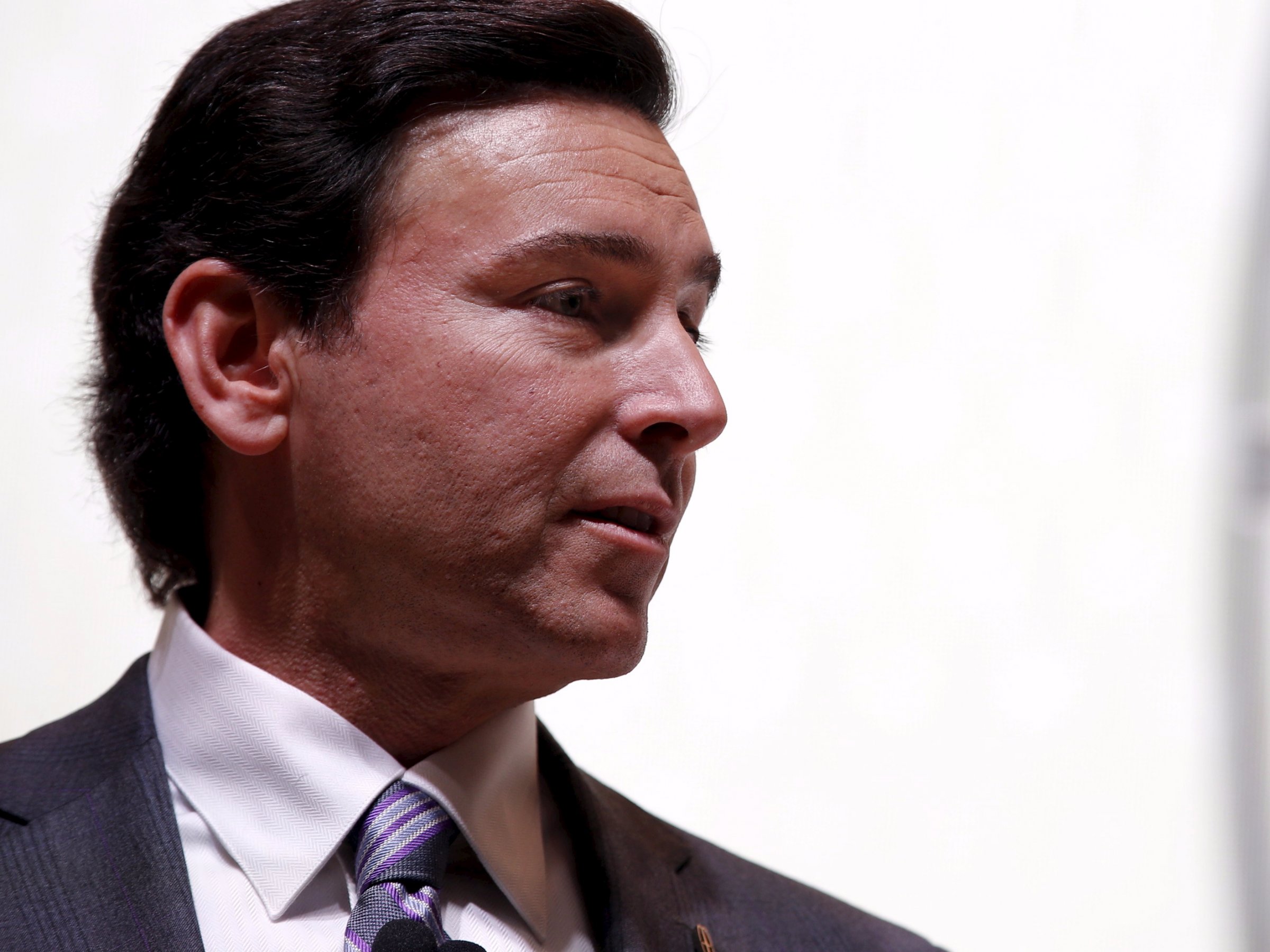 Ford CEO Mark FieldsReuters
Ford CEO Mark FieldsReutersFord is moving full speed ahead with its self-driving cars.
The company aims to have its fully autonomous cars on the road in a commercial setting, such as a ride-sharing program, by 2021.
Ford, though, isn’t the only company trying to bring self-driving cars to market during the next five years. There’s a number of automakers and tech companies developing autonomous vehicles working within the same timeline, if not sooner.
While there’s certainly growing pressure for these companies to be first to market, it’s important for automakers and tech companies not to push these vehicles out too soon, Ford CEO Mark Fields said during a recent visit to Business Insider’s headquarters.
“The term autonomous vehicles is just thrown about so liberally in this industry. I mean, there are five levels of autonomy,” Fields said. “My only fear in the industry is somebody tries to come out with one of those [self-driving cars] before it’s ready and then there’s an event.”
That fear has driven Ford to take a very different approach with its self-driving cars, Fields said.

Many automakers are rolling out level 3 autonomous systems in their vehicles before pursuing full autonomy. These cars can drive autonomously in some scenarios, like on the highway, but still require a human to take control in certain situations.
Ford, though, is aiming to launch its first self-driving car with level four autonomy. This means its vehicles won’t have a brake pedal, accelerator, or steering wheel and will be able to operate in a predetermined geographical area without human intervention.
“One of the reasons we’re not pursuing Level 3, which is a Tesla Autopilot-type, is we struggle with, ‘how do you make a responsible and timely handoff with the driver?'” Fields said. “That’s why we think going to Level 4 is really important because it really pushes us to really think through how do we make sure this is safe, efficient, and acceptable for customers.”
While safety is top of mind for Fields, he’s not so worried about self-driving cars killing car ownership.
“Everything is a spectrum and I think there will be a spectrum of people that will want to shop, buy, and own vehicles the same way they have for many years,” Fields said. “At the same token there will be a growing part of the population, particularly in major dense urban areas, that will want access versus ownership, so sharing. And so I think it’s going to be a spectrum and I think it will also depend on the use case.”
NOW WATCH: FORD CEO: This is why women and young people love SUVs













